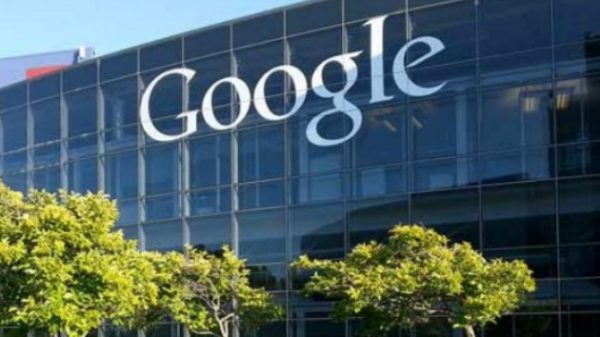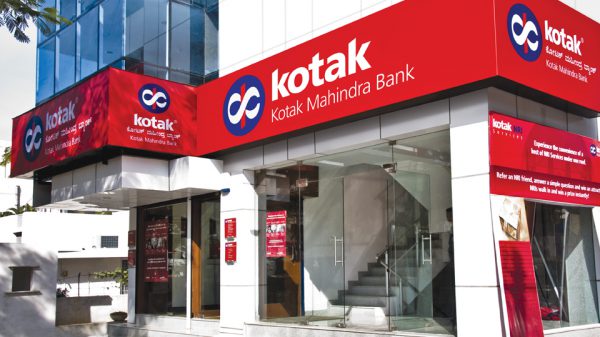My first reaction as I stepped out of court number 3 after the Supreme Court of India pronounced its historic judgment on freedom of speech online yesterday, was one of disappointment. As much as there was joy that there won't be arbitrary and unconstitutional arrests for offending and annoying speech online, the judges believe that there need to be special laws for the Internet. Secret blocking remains via Section 69, and I'm not convinced that the way they have written down Section 79 and its rules is the right approach. First, on Section 69: The Supreme Court believes that there are sufficient checks and balances built into Section 69A of the IT Act. Here's how the Section 69A process works: The central government has to have a designated officer "not below the rank of a Joint Secretary" for the purpose of issuing direction for blocking under Section 69. Nodal officers receive complaints on behalf of central and state governments, and after assessment, forward these complaints to the Designated officer. The complaint shall be examined by a Committee of Government Personnel who first have to make all reasonable efforts to identify the originator or intermediary (hosting companies/ISPs/telecom operators/Social Media sites/publications) who has hosted the information. The intermediary will be asked to appear before the committee within 48 hours. The committee will consider whether the request is covered by 69A, and if it is, the Designated Officer has to submit the recommendation to the Secretary, Department of IT, who can approve such…





























